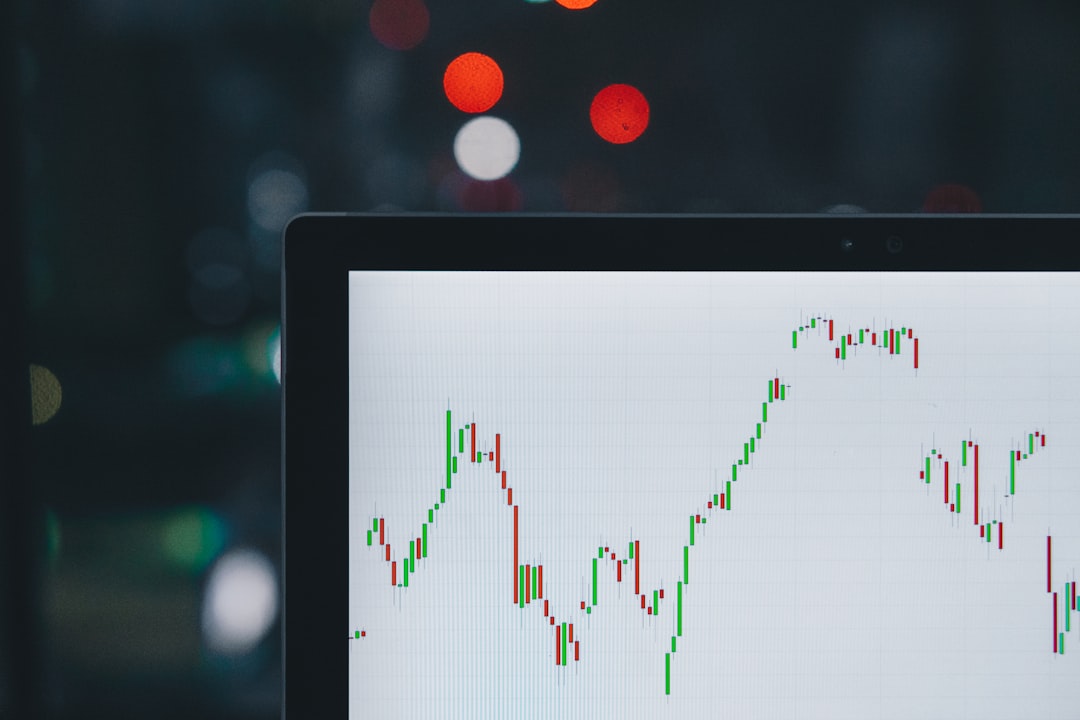What is it about?
Potential positive subjects effects of gabapentin may explain increasing reports of nonprescribed use. To study this, lab rats were trained to attend to gabapentin’s effects as a cue in a behavioral procedure. Rats behaved the same on the gabapentin-like drug pregabalin, the major depressant pentobarbital, and the benzodiazepine diazepam, which are all controlled substances. Drugs that did not have effects like gabapentin were morphine, fentanyl, or delta-9-tetrahydrocannabinol. The findings suggest that gabapentin may produce positive subjective effects similar to depressant drugs.
Featured Image

Photo by Kylie Anderson on Unsplash
Why is it important?
This is the first study to demonstrate that gabapentin produces noticeable subjective effects, and that these subjective effects are indistinguishable from certain depressant drugs using a common rodent behavioral model. These findings may help us understand increasing reports of potential recreational use of gabapentin.
Perspectives
The article came about from years of research, which somehow carried on through despite shutdowns from COVID. The study was exciting for us, because we didn't know what we would find. Near the end of the study, as were starting to wrap the project, we decided to pentobarbital, a major tranquilizer known to significantly increase transmission of the inhibitory neurotransmitter GABA in the brain. Surprisingly, this compound completely served as a full substitute for the gabapentin cue - in other words, the rats thought they were given gabapentin. The same held true when we followed up with a test of diazepam, a benzodiazepine acting in a similar way as pentobarbital. These were robust and repeatable drug effects that indicate that gabapentin must act in the brain in some similar way, and this leaves more research questions to explore.
Professor and Department Head Adam Prus
Northern Michigan University
Read the Original
This page is a summary of: Discriminative stimulus properties of two training doses of gabapentin in rats: Substitution by pregabalin, diazepam, and pentobarbital., Experimental and Clinical Psychopharmacology, January 2024, American Psychological Association (APA),
DOI: 10.1037/pha0000704.
You can read the full text:
Contributors
The following have contributed to this page










